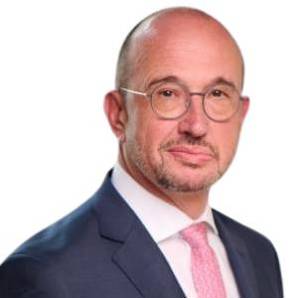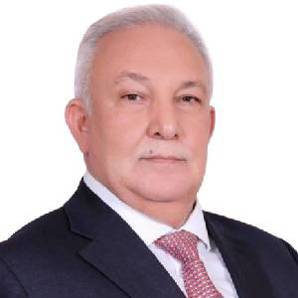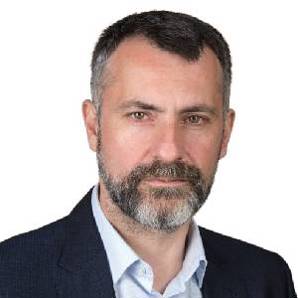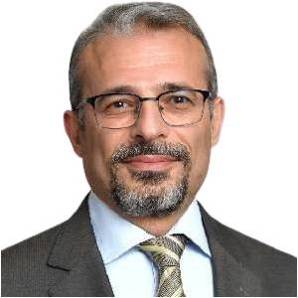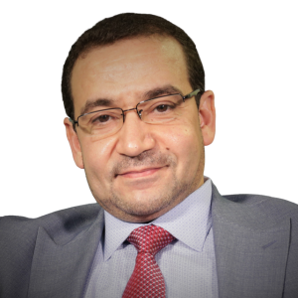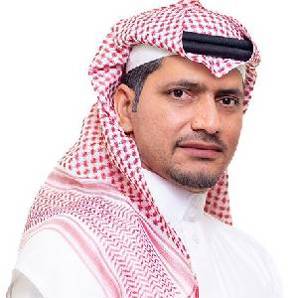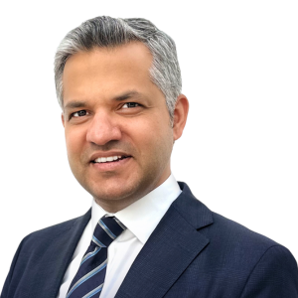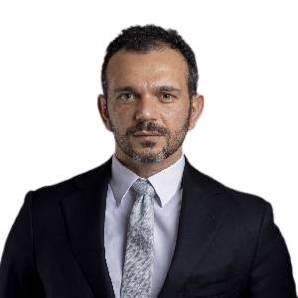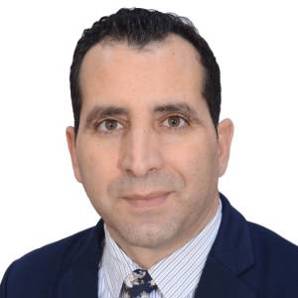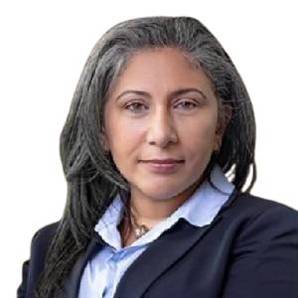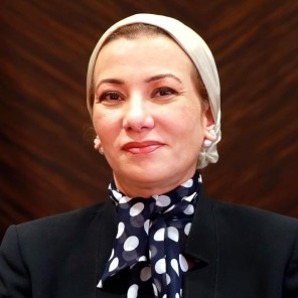DRIVING REALISTIC DECARBONISATION TARGETS BY 2030
The global energy mix is rapidly shifting from fossil fuels to, cleaner zero-carbon sources. As the energy transition gains momentum, governments and industrial sectors are working hard to decarbonise their economies, leading to the formation of new ecosystems and the emergence of innovative climate solutions.
These developments are helping to increase the adoption of renewables to fulfil power needs, develop low carbon fuels, improve energy efficiency, reduce emissions and create new markets for CCUS deployment and digital technologies. At the same time, many of these commonly pursued steps towards decarbonisation, such as increased electrification, natural gas utilisation and widespread use of solar, wind, ammonia and hydrogen pose unique challenges which makes the journey to net-zero more complex.
The EGYPES 2025 Sustainability in Energy Conference brings together energy thought leaders to discuss practical strategies for achieving realistic climate targets by 2030 and developing a feasible roadmap to net-zero using an array of decarbonisation levers.
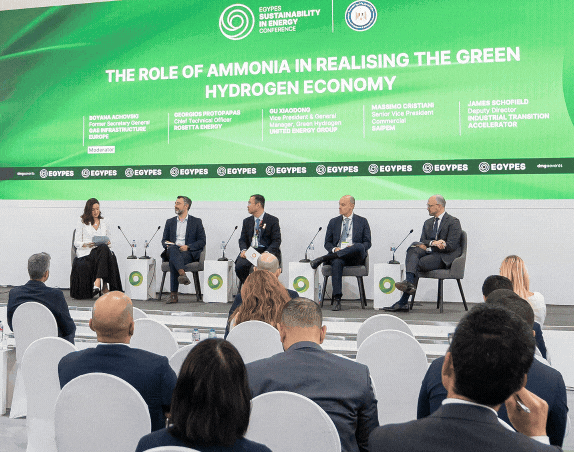
2025 THOUGHT LEADERS
2025 AGENDA
Tuesday, 18 February 2025
10:20 - 11:00
PANEL DISCUSSION
Leveraging Natural Gas as a Destination Fuel
Speakers
11:00 - 11:40
PANEL DISCUSSION
Eliminating Methane Emissions, Reducing Flaring and Electrifying Operations
Speakers
11:40 - 12:20
Diversifying into New Energies and Enabling Clean Technologies
Speakers
12:20 - 13:00
PANEL DISCUSSION
Demonstrating Sustainability and Emissions Reduction through Effective ESG Reporting
Speakers
13:00 - 14:00
LUNCH, EXHIBITION AND NETWORKING
14:00 - 14:10
14:10 - 14:20
14:20 - 15:00
PANEL DISCUSSION
Digitalisation and AI as a Key Enabler of the Energy Transition
Speakers
15:00 - 15:40
PANEL DISCUSSION
The Role of Ammonia in Realising the Green Hydrogen Economy
Speakers
15:40 - 16:20
PANEL DISCUSSION
Decarbonising Hard-to-Abate Industries
Speakers



